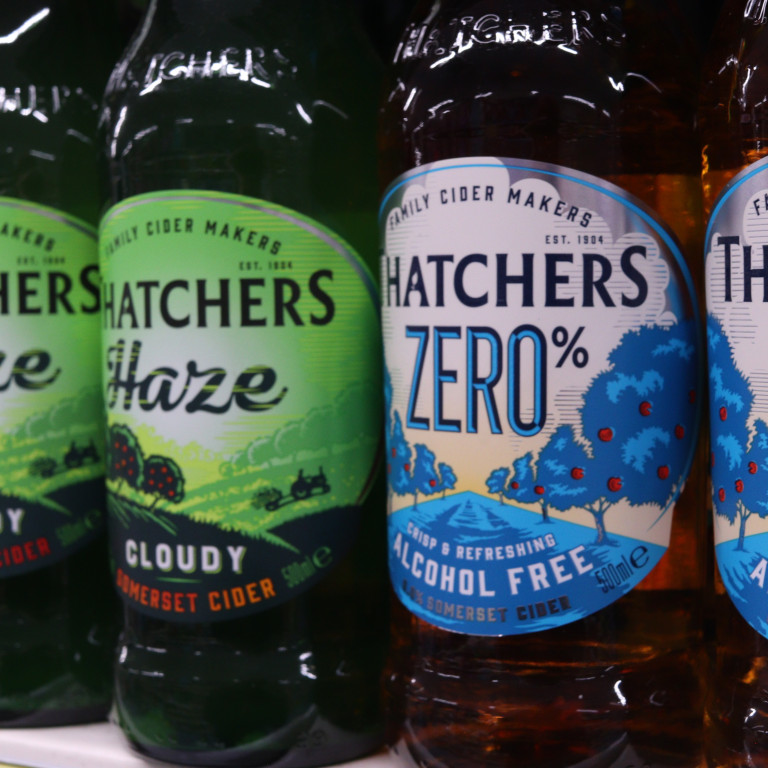Trade mark practitioners have been closely watching the dispute between Skykick and Sky for its significant implications on trade mark law. On Wednesday 13 November, the Supreme Court handed down its decision which brings some much needed clarity to the complex legal landscape. The judgement was summarised as follows:
“The Court of Appeal was wrong to conclude that the overall width or size of the specification of goods or services can never lead to an inference that an application was made in bad faith”.
So what does this decision actually mean?
What is a trade mark specification?
A registered trade mark gives you exclusive rights to use your mark and prevents others from using it without your permission. It gives you ‘monopoly rights’ over certain words, logos or a combination of both for the goods and services covered in the trade mark. When applying to register, you must use the Intellectual Property Office (‘IPO’) classification system to specify the goods and/or services you'll be using.
The IPO’s Trade Mark Register contains all registered trade marks. Each trade mark contains key details, including the representation of the mark, the filing date, the name of the registered owner and the specification. It’s within the specification that you list the numbered class for each good/service and the relevant terms.
Every numbered category carries a broad title, functioning as a general guide, to clarify what's encompassed within that specific class. The relevant terms are the actual products/services you intend to offer under the trade mark.
For example, class 25 has the broad heading of “Clothing, footwear, headwear”. The trade mark specification may look like this:
Class 25
Gloves; handwarmers; Windproof clothing.
What happened in the Sky V Skykick case?
The dispute, which arose in 2016, involves Sky (the broadcaster) and Skykick (a cloud service provider). Sky’s trademarks were at the centre of the dispute and covered a broad range of goods and services, including “software” and “internet portal services”.
Skykick challenged the validity of the registrations on two main grounds:
1) that the marks were registered in respect of goods/services that were not specified with sufficient clarity and precision and
2) that the marks were registered in bad faith because Sky did not intend to use them in relation to all the goods/services covered by the registration.
Essentially, Skykick wanted to show to the court that Sky had tried to achieve an unfair monopoly over the word “Sky” for the goods/services registered and that this was in contravention of trade mark law.
The case was heard by the Supreme Court on appeal from the Court of Appeal which had previously ruled in favour of Sky.
What was the decision?
The Supreme Court unanimously held that Sky’s trademarks had been applied for in bad faith and were declared invalid.
How will this affect my business?
The decision will have a significant effect on brand owners and their trade mark registrations. Until this decision, it has been common practice for trademarks to be filed with broad trade mark specifications. To avoid the risk of litigation you should:
1. Urgently consult a legal representative to review your trade mark portfolio and check if you might be vulnerable to a similar claim.
2. Seek expert legal advice when considering trade mark registration moving forward.
For brand owners looking to release new products and services this decision may give them greater confidence regarding unsured marks (i.e. marks which are on the IPO register but have not been applied to the goods/services covered).
How can Tozers help me?
Our experienced intellectual property team can advise you on how to protect your patch and maximise the protection available to you in light of this decision.
As a top firm for client satisfaction we have built a reputation as good listeners, who can help break down complex legal jargon into words you can understand and are experts at advising on your individual situation.




